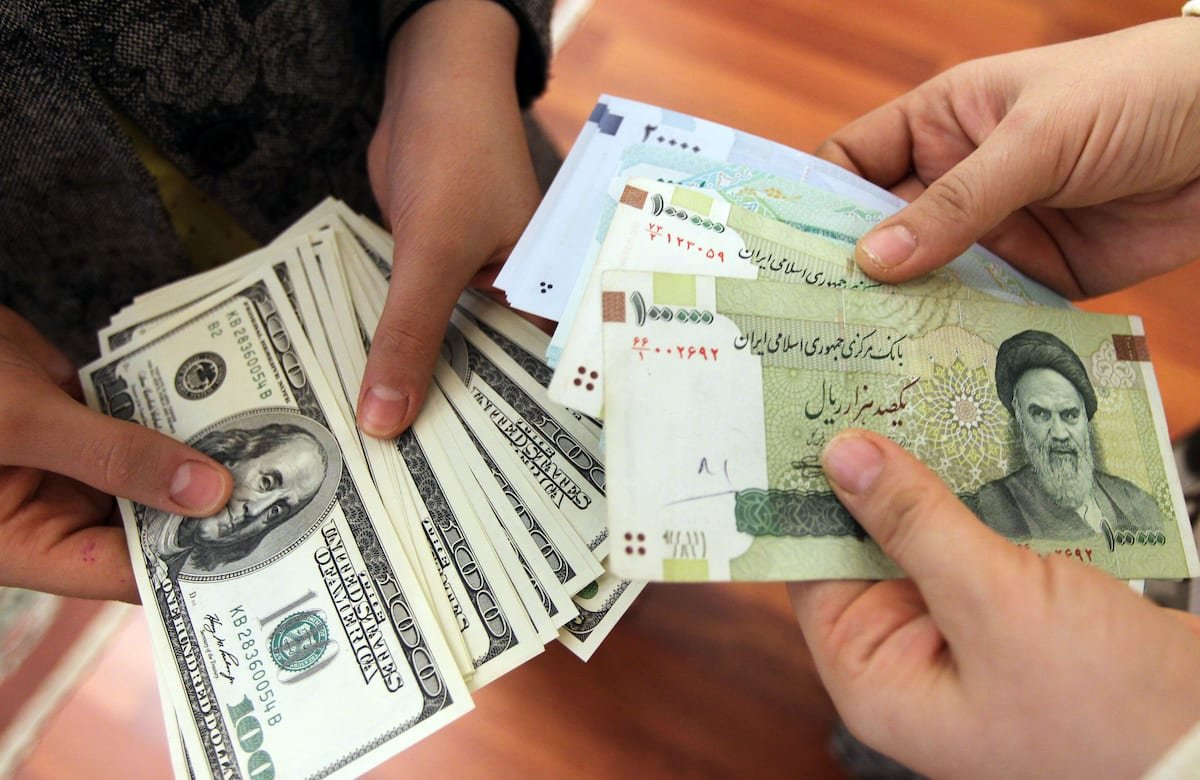The international sanctions, chronic inflation and depreciated currency are smothering Iran’s economy and now one of the country’s largest private banks has gone bankrupt.
Ayandeh Bank, which was set up in 2012, had 150 branches in Tehran alone and 120 more in other parts of the country. Recently, the private bank was grappling with around $5.2 billion in losses and $2.9 billion in debts.
Ayandeh Bank’s assets were absorbed by the state-owned Melli Bank. Iran’s Central Bank has assured depositors that their savings would be recovered.
“More than 90 per cent of Ayandeh Bank’s funds were allocated either to parties related to the bank or to projects managed by the bank itself,” Hamidreza Ghaniabadi, an official at the Central Bank of Iran, told Iran’s IRNA news agency, adding that these bad debts led to its bankruptcy.
Farshad Mohammadpour, the Central Bank’s deputy for supervision, said the bank had “irreparable” financial imbalance and created a “false and dangerous image of the entire banking system,” reported Iran News Update.
However, the now-defunct Ayandeh Bank is not the only bank that has bad debts. Five other banks, including Sarmayeh, Day, Sepah, Iran Zamin, and Melal, are also facing challenges, reported Tasnim news agency.
According to Iran News Update, only 10 Iranian banks currently have capital adequacy above 8 per cent and most of these are small and specialised institutions like Venezuela Joint Bank, Middle East Bank and Export Development Bank of Iran.
This comes as the economic commission of Iran’s parliament is set to cut four zeroes from the country’s currency rial in order to simplify financial transactions. Under the proposed system, the new one rial would be equivalent to 10,000 rial in its current value.
The UN has imposed tough sanctions on Iran in September after diplomatic efforts to revive nuclear talks failed in June after Israel and US bombed Iranian nuclear facilities.
The US had on September 29 revoked the 2018 sanctions waiver for operations at Iran’s Chabahar Port. The port was developed by India as it sought to connect with Afghanistan and the Central Asian economies via Iran. Under US law, Indian companies like the state-run India Ports Global Ltd (IPGL) have till mid-November to exit Chabahar or face sanctions from the US.







